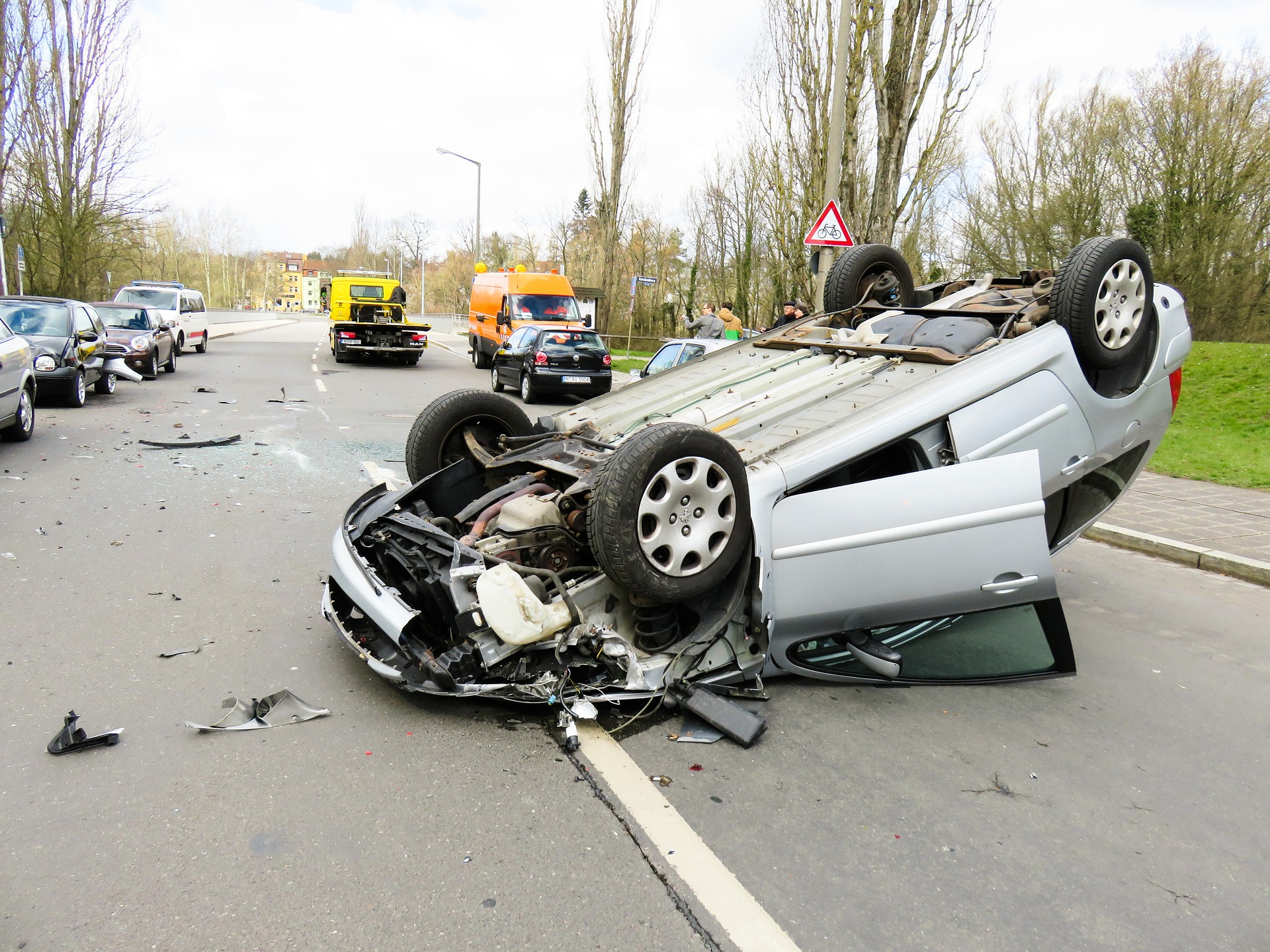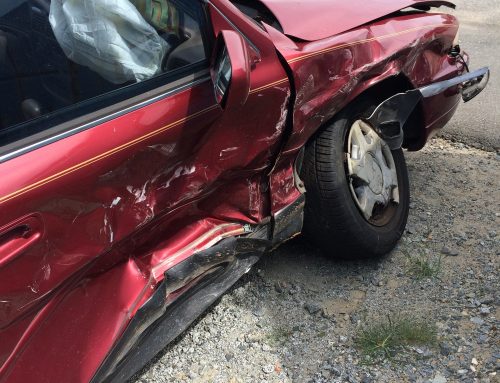Car accidents can cause shock and confusion, and it may be difficult to have our wits about us after an unexpected collision. We often consider what we would do should someone else cause an accident, but is the situation different if we are at-fault?
Our personal injury attorneys sincerely hope you never have to worry about these issues. But in order to be prepared should you ever find yourself in this situation, here is a brief overview of the law regarding at-fault car accidents in Florida.
At-Fault Accidents in a No-Fault State
In 1971, Florida became one of only a few states which operate under no-fault auto insurance laws. This means that a driver who is involved in an accident – regardless of who is at fault – will collect the first $10,000 in medical reimbursement, disability, or other compensation related to their accident from their own insurance company. This can be to your advantage, as you do not have to wait for two competing insurance companies to battle out who should pay.

The no-fault insurance laws were initially established to ensure that monthly premiums stayed low, as the limited liability avoided costly lawsuits. Still, Florida drivers who may have caused a car accident are often surprised when a claim is brought against them. Those at-fault drivers have been led to believe that drivers in a no-fault state can’t be sued for injuries they cause, which is incorrect.
There are exceptions to Florida’s “No- Fault” law that permit a motorist to directly sue another motorist who caused the accident. Those exemptions are outlined as follows:
- If a person suffers a permanent injury as a result of the accident which you caused, they can sue you for damages. Permanent injury is defined as a significant and permanent loss of an important bodily function; permanent scarring or disfigurement; or death. If you caused the accident and are determined to be at-fault, the other driver may be able to bring a claim not only for medical bills and lost wages but also to recover for pain and suffering and other “intangible” damages.
- Under Florida law, every driver is required to have a minimum of $10,000 in Personal Injury Protection (PIP) coverage. This coverage is to pay for medical bills and lost wages the driver may suffer in an accident, no matter who caused the accident. However, if the combination of medical bills and lost wages total more than the $10,000, a claim can be brought against you to recover the medical bills (or lost wages) not covered by the PIP insurance. It is important to note that if you are more than 50% at fault in an accident, your insurance company is likely to raise your rates, even if the other party does not file suit.
Therefore, if you are at fault in an auto accident, proceed as with any other accident. Make sure that everyone is ok, call for emergency services, call the police, and document the scene as best as possible. As soon as is practicable, submit all of the accident information to your own insurance company and continue to keep records as to reports, medical diagnosis, and treatments.
If another party is involved in the accident – or if you simply feel that you are not being treated fairly by your own insurance company – contact an attorney who specializes in auto accident cases right away. They can advise you as to how to document and report the incident, as well as work on your behalf should you find yourself in a personal injury lawsuit resulting from the crash.
The time following an accident can be confusing. But the attorneys of Probinsky & Cole have the experience you need at this time, and will expertly guide you through the process of navigating an at-fault auto insurance claim. Give us a call today, and let’s discuss how we can help you.







